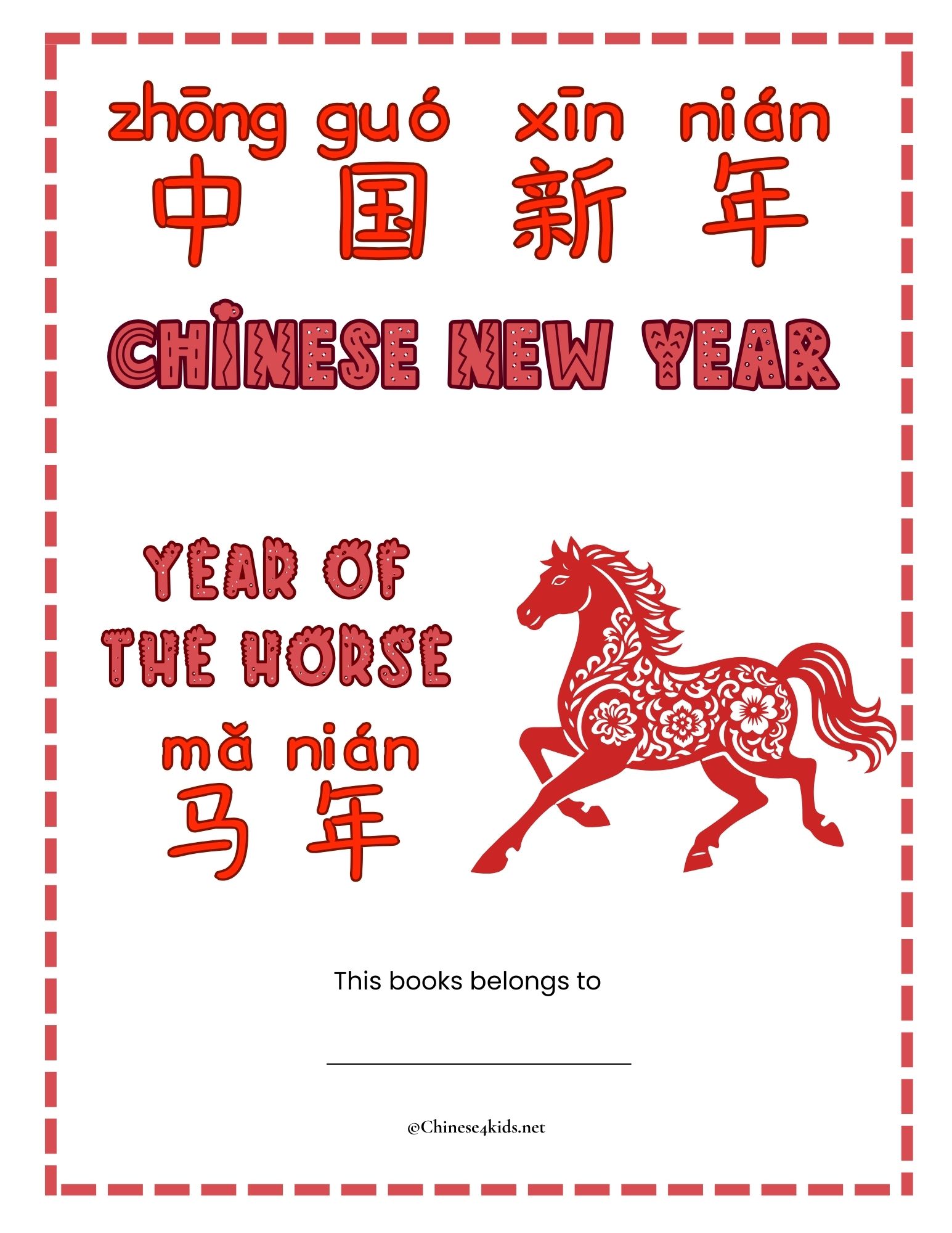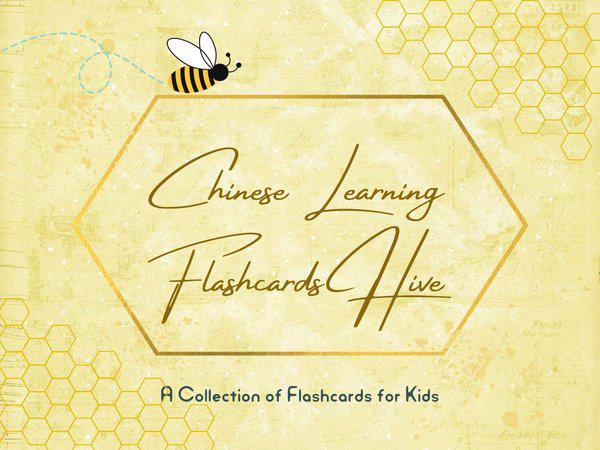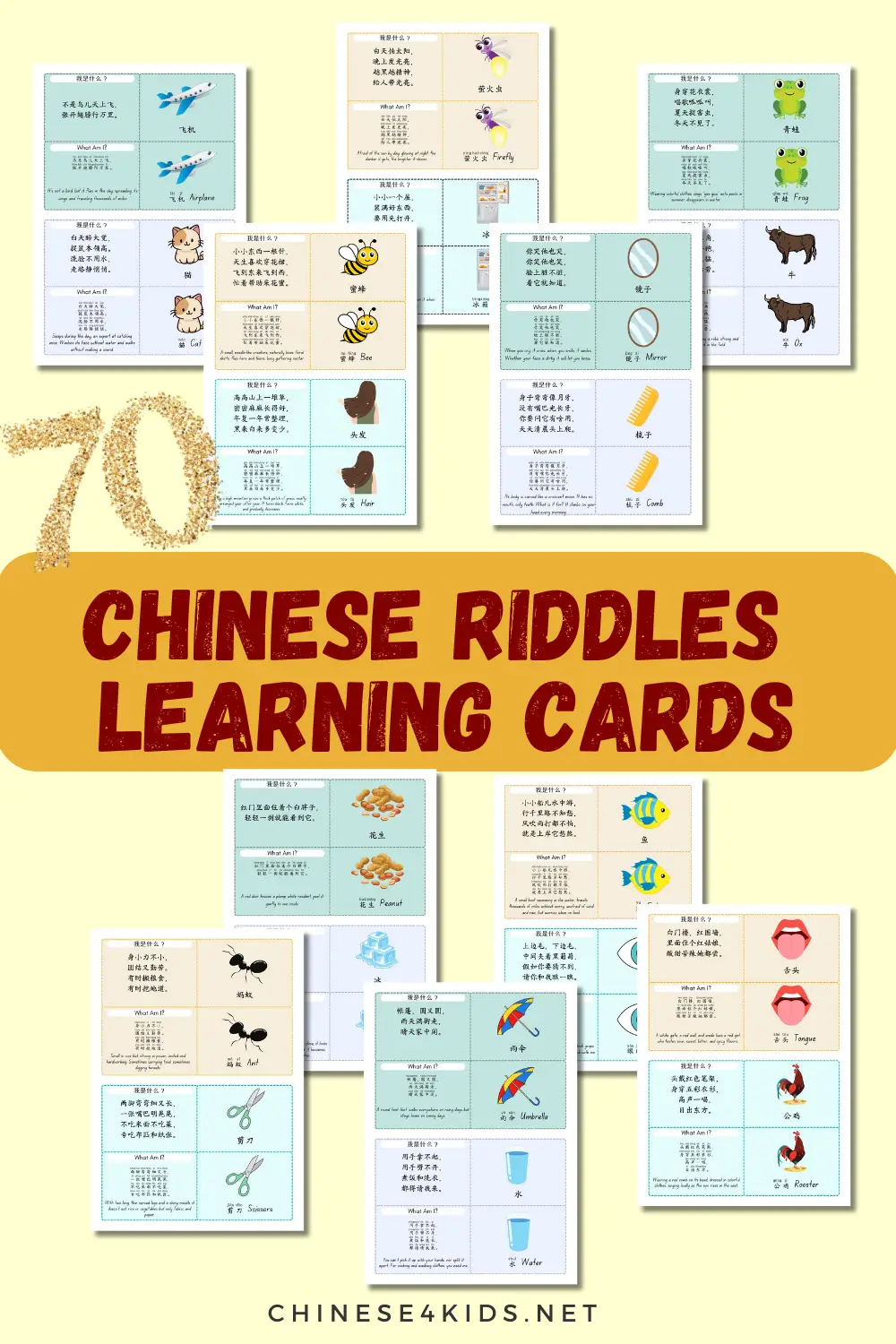
Home » China and Chinese Culture » Qingming Festival (清明节)
Qingming Festival (清明节)
Today is the traditional Chinese Qingming Festival 清明节 (Qīngmíngjié), meaning Clear and Bright Festival. It is a day to mourn the departed people. Traditionally, the Chinese believed that the spirits of deceased ancestors will look after the family. Hence. Qingming Festival is the traditional day for people to visit the graveyard, so it is also called Tomb Sweeping day.
According to Wikipedia,
“For the Chinese, it (Qingming) is a day to remember and honour one’s ancestors at grave sites. Young and old pray before the ancestors, sweep the tombs and offer food, tea, wine, chopsticks, (joss) paper accessories, and/or libation to the ancestors. The rites are very important to most Chinese and especially farmers. Some people carry willow branches with them on Qingming, or put willow branches on their gates and/or front doors. They think that willow branches help ward off the evil ghosts that wander on Qingming.”
There are many poems about Qingming in Chinese literature. Among them, the most famous one is Du Mu(803-852)’s poem “Qingming”.
清明时节雨纷纷
路上行人欲断魂
借问酒家何处有
牧童遥指杏花村qīng míng shí jié yǔ fēn fēn
lù shàng xíng rén yù duàn hún
jiè wèn jiǔ jiā hé chù yǒu
mù tóng yáo zhǐ xìng huā cūnA drizzling rain falls like tears on the Mourning Day;
The mourner’s heart is breaking on his way.
Where can Winehouse be found to drown his sadness?
A cowherd points to Xing Hua village in the distance.
(the English translation is adapted from wikipedia.)
You May Also Be Interested:
- Chinese4kids Membership – a portal for busy Chinese teachers and parents
- Chinese learning flashcards Hive – a flashcards library that with regular additions of new quality Chinese learning flashcards
- Chinese learning worksheets collection – Also a part of Chinese4kids membership, this collection is for teachers and parents who want to have access to engaging worksheets and activity sheets created for kids learning Mandarin Chinese as an additional language
- Speak Chinese with Kids Course
- Chinese Vocabulary Made Easy Course












